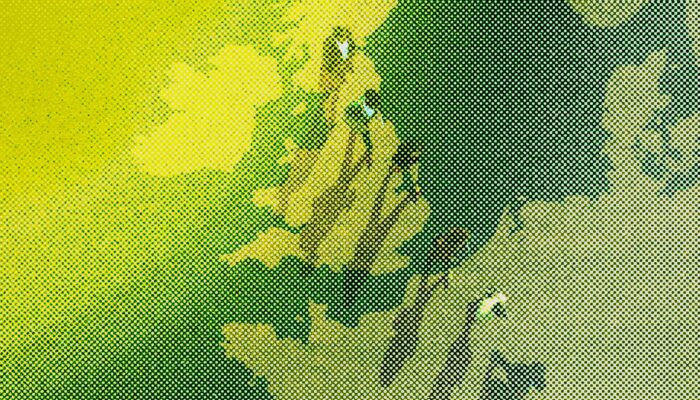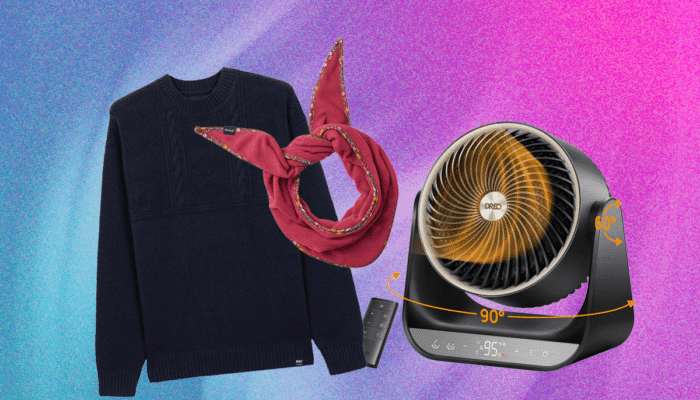At a time when startup hustle culture is back, when “locked in” tech founders have even embraced the “996” way of working — 9 am to 9 pm, 6 days a week — there is something dystopian about using an AI app to generate fake vacation photos of yourself.
And yet, here we are.
Product designer Laurent Del Rey, who recently joined Meta’s Superintelligence Lab, launched a side project called Endless Summer, a photobooth app for iPhone that creates AI-generated vacation photos starring you in locations around the world. Here you are exploring a beach town, or overlooking a European city from your balcony. There you are, out shopping, having dinner with friends, or at a social gathering.
It doesn’t look like anyone in these photos is talking about AI or entrepreneurship or a lack of sleep.
As Del Rey explained when sharing the launch on X, the new app is for when “burnout hits and you need to manifest the soft life u deserve.”
(When you can’t live life, you may as well fake it, right?)
made this little photobooth app called endless summer for when burnout hits and you need to manifest the soft life u deserve – with fake vacation pics of you :’)
first app 100% made by me! just released it on the app store try it out <33 pic.twitter.com/i55nRcE71V
— saint laurent del rey (@laurentdelrey) October 6, 2025
The product designer told TechCrunch that he was inspired to create the app because summer is his favorite season, and he loves how life feels during that time of the year.
Techcrunch event
San Francisco | October 27-29, 2025
“As the season ends, I wanted to make something that felt like that. It’s from that feeling that I reverse-engineered the product experience,” he says. “I created an Xcode project and started iterating directly from there, sculpting the code experience, so to speak.”
The experience he landed on was a simple user interface where there’s a tiny camera preview button at the bottom of the screen. You tap the button to make an AI-generated “summer” photo. As you click, the photos appear on your screen, in a sort of camera roll-style view. Each photo features you, or rather an AI version of you, exploring the world and looking fairly content while doing so.
Behind the scenes, Gemini’s Nano-Banana image-model is doing the heavy lifting, as the app prompts the model for different variations of the summer photo output.

The app isn’t saving your selfies, Del Rey says, unless you have its optional auto-generation mode enabled. Plus, users can delete their account at any time with just two taps, which erases everything.
While Nano-Banana is relatively cheap, it does cost money. For that reason, you can’t generate unlimited photos for free with Endless Summer. Instead, you’ll hit a paywall after your first six images, with a prompt suggesting payment options even before then.
The pricing isn’t too bad if you’re looking to just dabble with the personalized AI imagery out of curiosity — or because you’re lamenting having missed your summer vacay this year.
It’s $3.99 to make 30 images, $17.99 for 150, and $34.99 for 300. You can enable or disable a “Room Service” mode that auto-delivers two photos to you every morning, featuring your latest summer escapades and world travels. You can also set your gender in the app or leave it to guess (“Auto” mode), and turn on or off an option that auto-saves the AI images to your iPhone’s Camera Roll.
A recent option in the app lets you generate Halloween photos instead of summer photos, featuring you in different costumes.
The photos themselves have a vintage film aesthetic, which makes them look like the casual lifestyle pics they’re supposed to resemble. That brings a sense of nostalgia to the app, as it evokes a mid-2000s feel.
This reflects other modern trends around online photo sharing. Whether that’s adopting retro technology, like zoomers carrying disposable cameras, or posting Instagram photo dumps of blurry pics, there’s a desire among some for a less-curated, less “technically perfect” version of life.
How bizarre is it that it’s AI bringing that to you now?
Sarah has worked as a reporter for TechCrunch since August 2011. She joined the company after having previously spent over three years at ReadWriteWeb. Prior to her work as a reporter, Sarah worked in I.T. across a number of industries, including banking, retail and software.
You can contact or verify outreach from Sarah by emailing sarahp@techcrunch.com or via encrypted message at sarahperez.01 on Signal.




